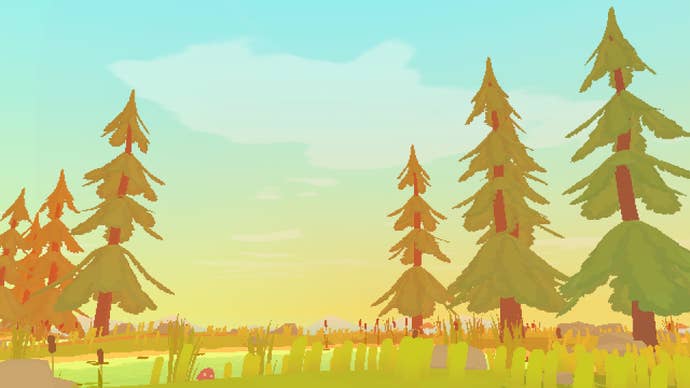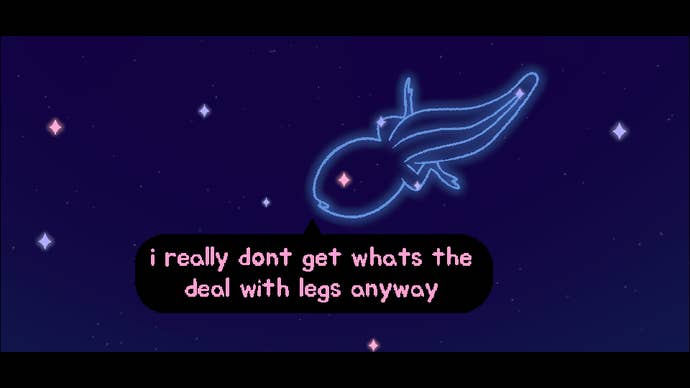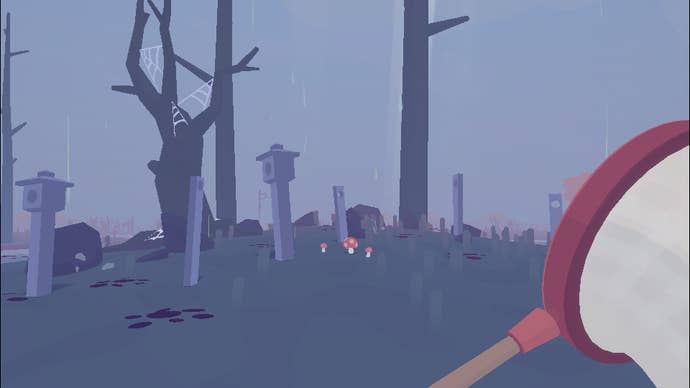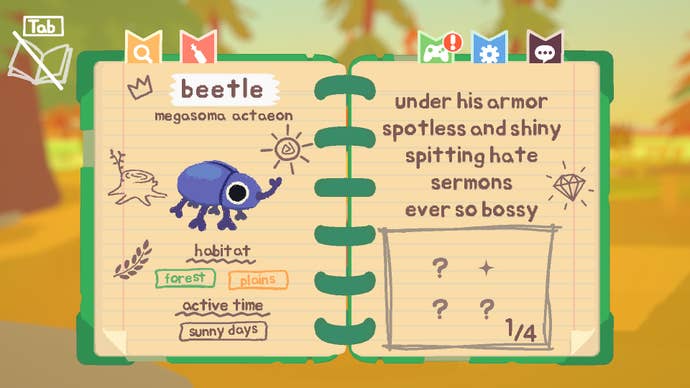One of my clearest lockdown memories is of going for a lunchtime walk with Olaf Stapledon.
I was learning, all the time.
Over the course of that morning ramble I learned afresh how to be in nature.

And this is exactly what Paradise Marsh teaches.
I enjoy the rain one moment and the snow the next.
I enjoy the silence - my silence.

This gets to the heart of it, actually.
The gift of Paradise Marsh, I reckon, is the silence it brings.
I played in a kind of cheery fugue, if such a thing is possible.

The room had disappeared along with the noise of the road and my cat asking for dinner.
So now I have to construct the experience from memory - I get to play Paradise Marsh twice.
The trees change from oak to pine.

The sky darkens or the sun rises and stains the world a lurid Tango orange.
The landscape repeats and jumbles.
There is always a touch of dereliction, human stuff giving way to the inevitable.

A bin will be surrounded by rings of scattered trash, pulled out and discarded by birds perhaps.
Tadpoles stick to shallow water.
When I catch them, the thrashing connection of the net is almost jarring in such a quiet space.

A nice distraction, but the game’s appeal lies elsewhere.
This is a game about nature and about us.



